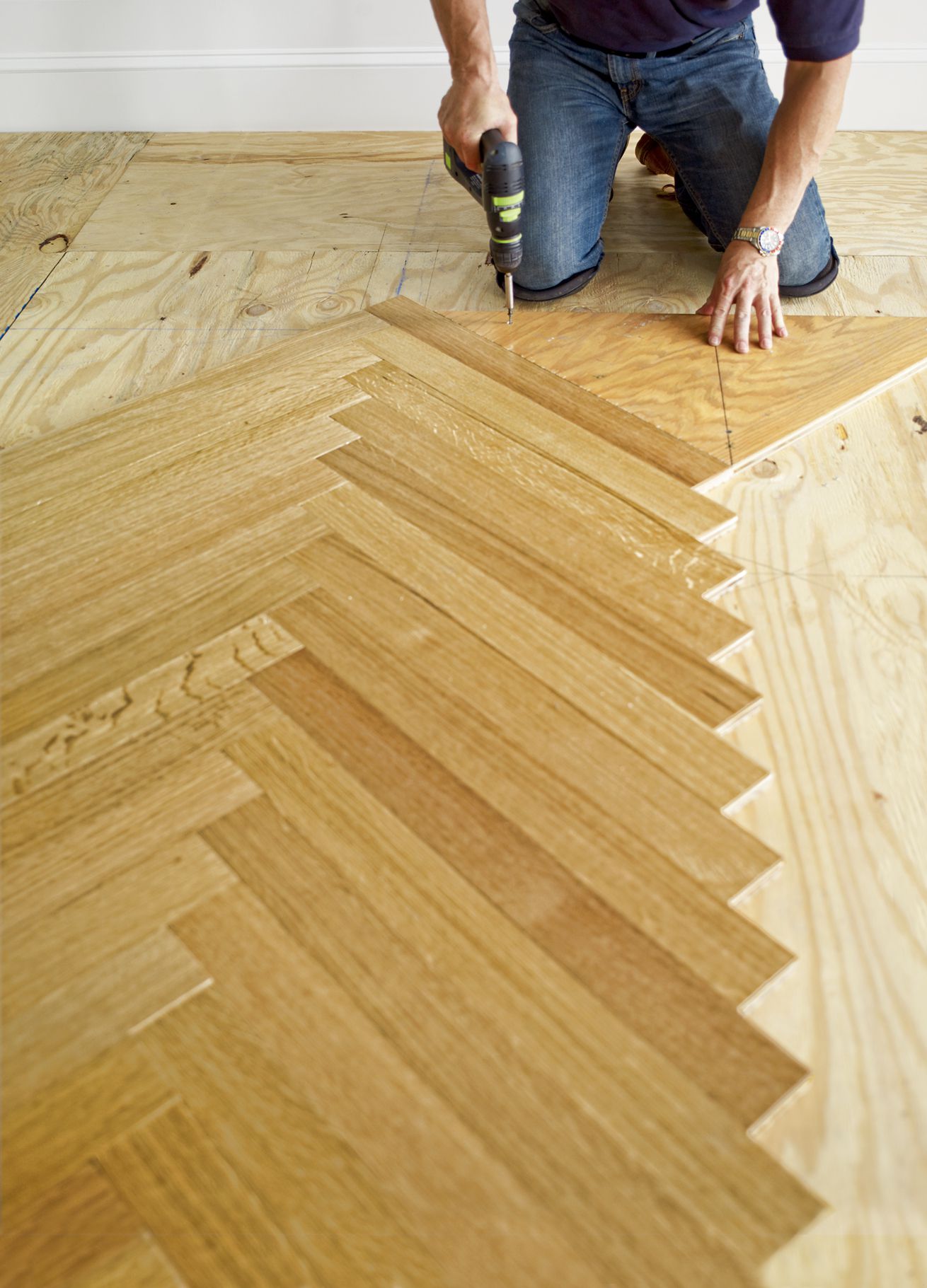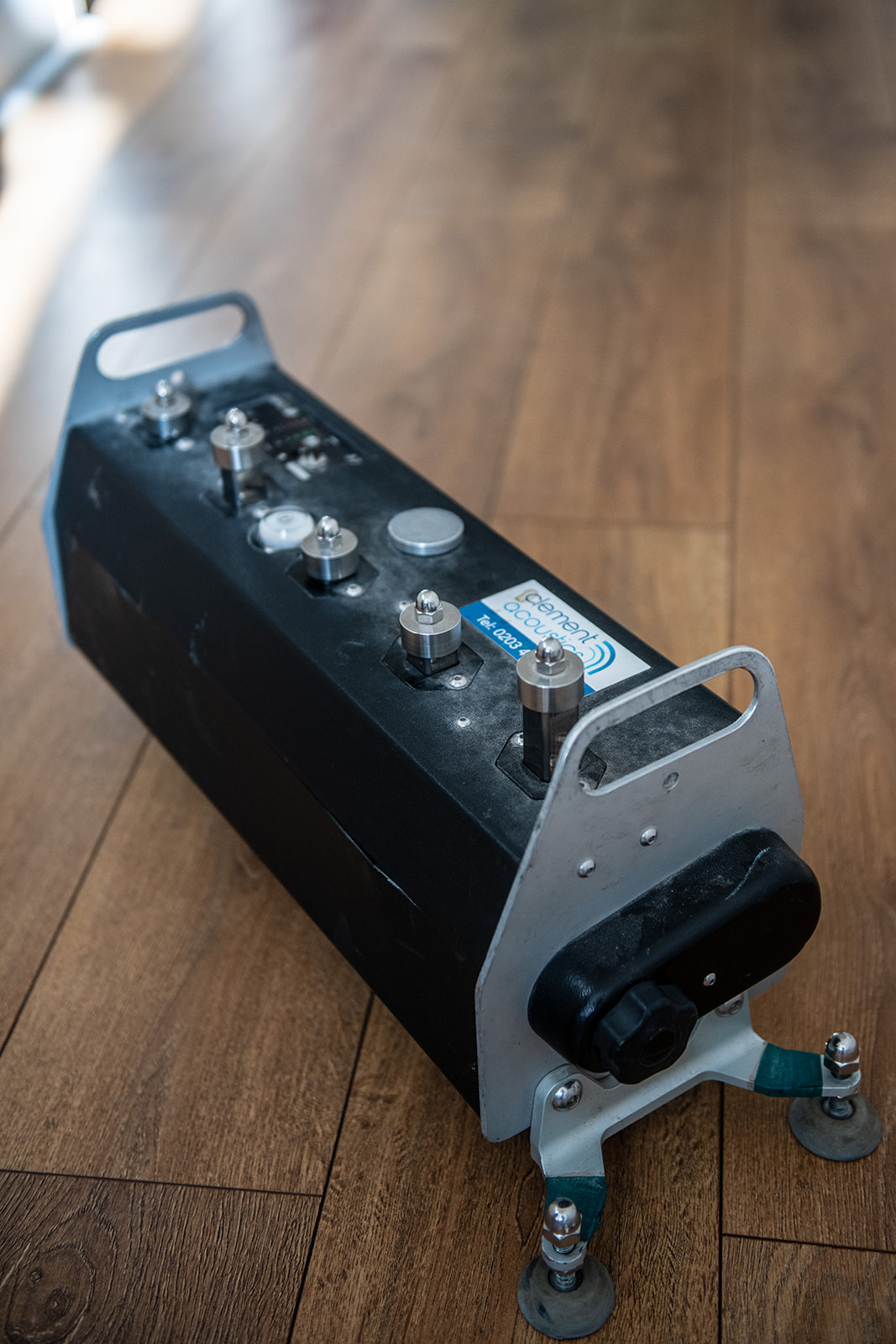Licence to Alter
At Clement Acoustics, we specialise in Licence to Alter assessments, a crucial step for leaseholders making alterations to their properties that may affect the sound insulation. Our expert acoustic consultants in London and Manchester work across the UK to ensure your renovations achieve compliance with lease and License to Alter requirements and minimise noise disturbance to neighbouring dwellings.
With our quick turnaround times, competitive rates, and a team of qualified acoustic engineers, we’ve built a reputation for achieving compliance even with the strictest requirements.

What is a Licence to Alter?
A Licence to Alter is a formal, legal document required when a leaseholder intends to make significant structural changes to their property. It’s particularly common in leasehold flats or apartments where alterations could affect neighbouring units or the building’s overall structure.
A Licence to Alter aims to ensure that any proposed changes meet specific criteria set by the freeholder or building management. These criteria typically focus on maintaining or improving the property’s existing sound insulation performance. By obtaining a Licence to Alter, leaseholders can proceed with their renovations while minimising the risk of future noise-related disputes and ensuring compliance with building regulations and/or planning permission.
When is a Licence to Alter Required?
Some common circumstances that often require a Licence to Alter include:
- Changing flooring from carpet to hard surfaces (e.g., hardwood, tile)
- Removing or altering internal walls
- Making changes to the property’s plumbing or electrical systems
- Installing new windows or external doors
- Adding or removing radiators or altering the heating system
- Making changes to the kitchen or bathroom that involve plumbing alterations
- Installing a new boiler or air conditioning system
- Making alterations to shared walls, floors, or ceilings
- Adding an extension, loft conversion or conservatory
- Installing a satellite dish or antenna on the exterior of the building
Leaseholders should check their lease agreement and consult with their freeholder or management company before undertaking any significant alterations, as the specific requirements can vary between properties.
Our Licence to Alter Services
A Licence to Alter is often required when a leaseholder intends to make structural alterations to their leasehold property. The most common alteration we are involved in is changing from a soft carpeted surface to hardwood flooring.
The landlord’s consent will be required via a License to Alter to reduce the likelihood of future noise transmission issues causing disturbance to the dwelling below. The Licence to Alter will set criteria that the floor must meet on completion. These can vary between buildings, but two commonly seen examples are summarised as follows:
- The final floor build-up must maintain the existing sound insulation performance, measured before works start
- The final floor must meet fixed performance criteria, regardless of the pre-existing performance.
Our acoustic consultants in London and Manchester are experts in conducting Licence to Alter assessments—speak to us today about your requirements.
What is the process?
Like Sound Insulation Testing, once access to both your and the neighbouring property has been arranged, our engineer will attend to conduct airborne and impact tests on the existing party floor. The results of the tests undertaken will be summarised in a report. This should then be submitted to the leaseholder to obtain consent for construction works to commence.
The results of the tests enable us to determine the target sound insulation performance of the floor on completion (where the criterion is based on the existing performance) and will also help establish the best way to improve the sound insulation performance as necessary.
Once the upgrade works are finished, our engineer will attend one final time to repeat the measurements previously undertaken. These will once again be summarised in a report, comparing the results from both visits.

How can I make sure my new floors are compliant?
Based on the specific requirements of the Licence to Alter, available details of the existing floor build-up, and information gained from the initial tests, we can provide Acoustic Design Advice to ensure the floor’s sound insulation performance is suitably designed in accordance with the requirements.
We are proud of our record of achieving compliance with often very strict requirements, and due to our previous successes, building management bodies often recommend us to clients.
See our Acoustic Design Review section for more information.
Why Choose Clement Acoustics?
Quick turnaround time
Helpful team of qualified acoustic engineers
Competitive rates
